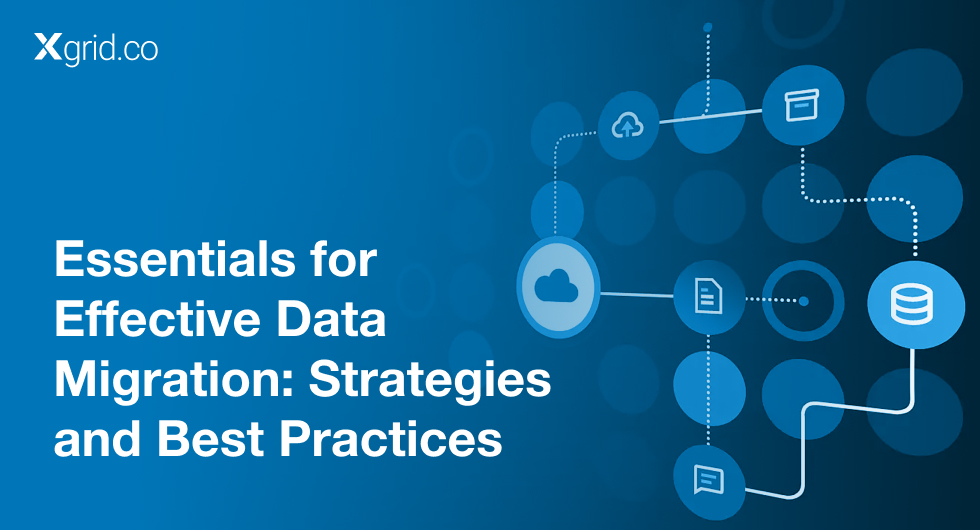Unity Catalog in Databricks
Databricks, is a unified solution for the maintenance and security of data with AI assets.
With centralized metadata management and access controls, fine-grained with seamless collaboration capabilities, Unity Catalog was created to address the data governance challenge and empower organizations to boost security and foster a more collaborative data culture.
What is Unity Catalog?
Unity Catalog is a governance solution for Data and AI assets in Databricks. It offers a single interface to manage and make data secure across the Databricks Lakehouse Platform. Unity catalog helps organizations standardize data management practices, ensuring data consistency, security, and compliance.
Key Features of Unity Catalog:
Centralized Metadata Management:
Unity Catalog centralizes the metadata management which allows users to conveniently search and understand the data assets across the entire organization. For example, healthcare services may use Unity Catalog to sustain a consolidated view of the patients data, provide research outcomes and manage administrative records to streamline data exploration and improve the governance effectiveness.Fine-Grained Access Controls:
Unity Catalog offers fine-grained access controls, which enables organizations to define and enforce the data access policies at multiple levels, such as tables, columns, and rows. For example, a financial assistance company may set up access controls so that only compliance officers can view sensitive transaction details, while analysts can access consolidated data for reporting purposes, ensuring that the data remains protected and compliant with regulations.
Data Lineage:
With Unity Catalog, organizations can track the lineage of data assets, understanding the flow of data from source to consumption. This level of transparency is advantageous for auditing purposes, investigating, and ensuring data quality and compliance. For example, an e-commerce company can monitor the data from customer orders, inventory management, sales analytics and ensure precision and accountability at every stage.Collaboration and Sharing:
Unity Catalog enables smooth collaboration by allowing users to share data assets securely across various teams and departments. It supports data sharing both internally and externally within the organization. For example, a research institution can securely share data with the external partners for collaborative studies, promote cooperation and ensure data security.Integrated with Databricks Workflows:
Unity Catalog is natively integrated with Databricks workflows, making it simpler to manage data governance alongside data engineering, data science, and machine learning workflows. For instance, a retail company may enhance its data management by integrating Unity Catalog with Databricks to manage the customer data analysis, sales optimization, and sales optimization on a single platform.
Benefits of Unity Catalog
Enhanced Data Security:
With fine-grained access controls and centralized governance, Unity Catalog significantly enhances data security. Organizations can enforce strict data access policies, reducing the risk of unauthorized access and data breaches.Improved Data Governance:
Unity Catalog standardizes data governance practices across the organization. By providing a unified view of data assets and tracking data lineage, it ensures data quality, consistency, and compliance with regulatory requirements.Efficient Data Management:
Centralized metadata management and seamless collaboration capabilities streamline data management processes. Users can quickly find, understand, and share data assets, leading to more efficient data-driven decision-making.Boosted Collaboration:
Unity Catalog promotes a collaborative data culture by making it easy to share data securely across teams and departments. This fosters innovation and accelerates the development of data-driven solutions.Scalability and Flexibility:
As part of the Databricks Lakehouse Platform, Unity Catalog scales effortlessly with your data needs. Whether you’re managing small datasets or petabytes of data, Unity Catalog provides the flexibility and scalability required for modern data environment
Implementation Scenario
A leading financial firm had been struggling to manage its vast array of data across various departments which included risk management, compliance, and customer insights.
Implementation:
-
- Centralized Data Management: The firm was able to centralize all its metadata and create a unified view of the data.
- Access Controls: Precise access to sensitive data was set up ensuring only access to authorized personnel.
- Data Lineage: The firm was able to track the flow of data across multiple systems which ensured compliance with the financial regulations.
Outcomes:
-
- Improved compliance due to clear data lineage and access controls.
- Improved collaboration between departments as teams were able to share insights without risking data security.
- Faster decision-making due to a streamlined data management process.
Conclusion
Unity Catalog in Databricks revolutionizes data governance by providing a unified solution for managing and securing data and AI assets. With its centralized metadata management, fine-grained access controls, and seamless collaboration capabilities, Unity Catalog empowers organizations to enhance data security, improve data governance, and foster a collaborative data culture. By leveraging the Unity Catalog, organizations can efficiently manage their data assets, drive data-driven decision-making, and stay compliant with regulatory requirements. Embrace the Unity Catalog and take your data governance to the next level in the Databricks Lakehouse Platform.
Downloads
Article (PDF-276 KB)MOST POPULAR INSIGHTS

Established in 2012, Xgrid has a history of delivering a wide range of intelligent and secure cloud infrastructure, user interface and user experience solutions. Our strength lies in our team and its ability to deliver end-to-end solutions using cutting edge technologies.
OFFICE ADDRESS
US Address:
Plug and Play Tech Center, 440 N Wolfe Rd, Sunnyvale, CA 94085
Dubai Address:
Dubai Silicon Oasis, DDP, Building A1, Dubai, United Arab Emirates
Pakistan Address:
Xgrid Solutions (Private) Limited, Bldg 96, GCC-11, Civic Center, Gulberg Greens, Islamabad
Xgrid Solutions (Pvt) Ltd, Daftarkhwan (One), Building #254/1, Sector G, Phase 5, DHA, Lahore


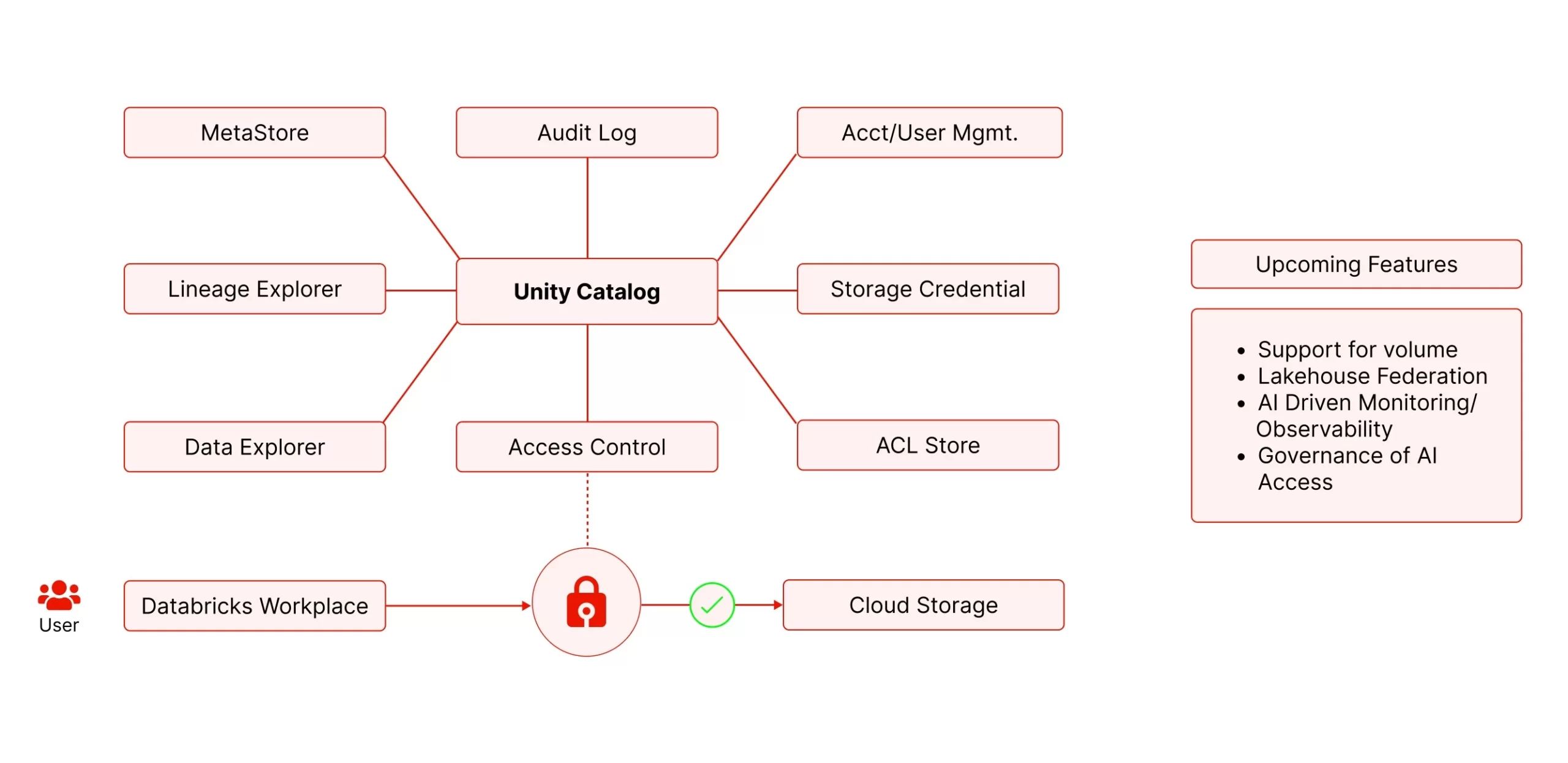
 Centralized Metadata Management:
Centralized Metadata Management: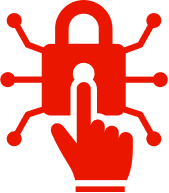 Fine-Grained Access Controls:
Fine-Grained Access Controls: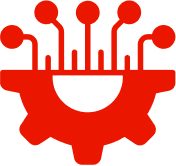 Data Lineage:
Data Lineage:  Collaboration and Sharing:
Collaboration and Sharing:  Integrated with Databricks Workflows:
Integrated with Databricks Workflows: 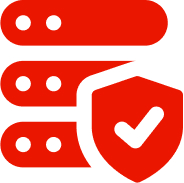 Enhanced Data Security:
Enhanced Data Security: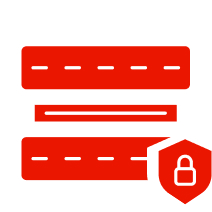 Improved Data Governance:
Improved Data Governance: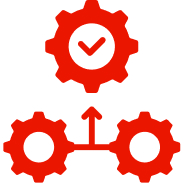 Efficient Data Management:
Efficient Data Management: Boosted Collaboration:
Boosted Collaboration: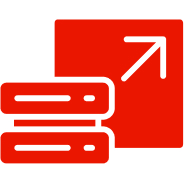 Scalability and Flexibility:
Scalability and Flexibility: